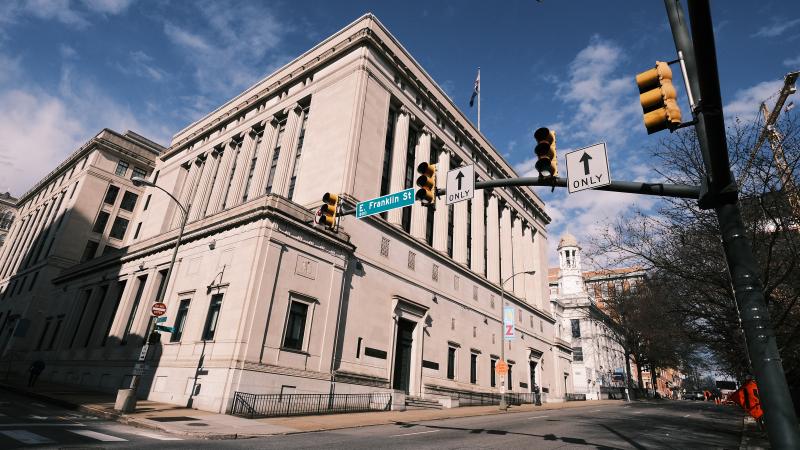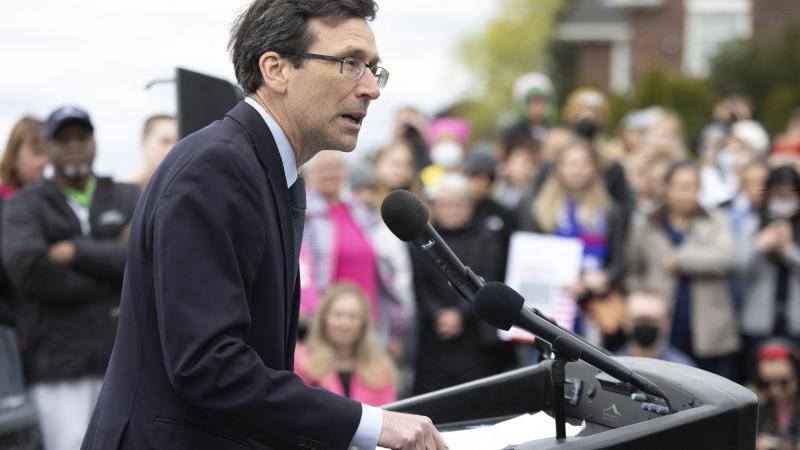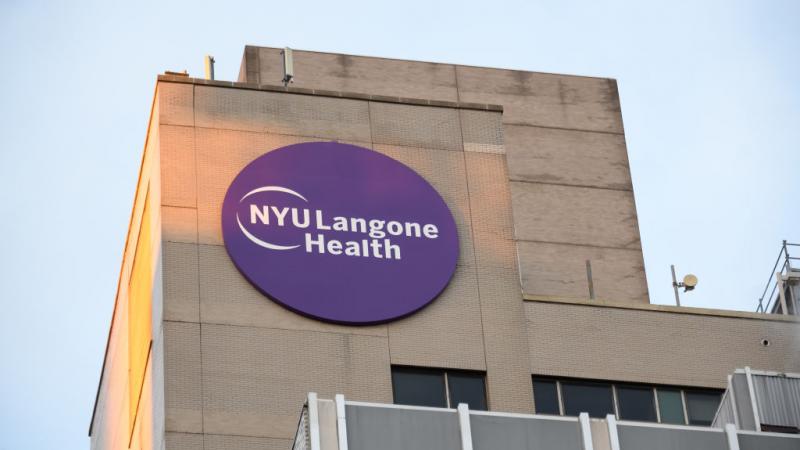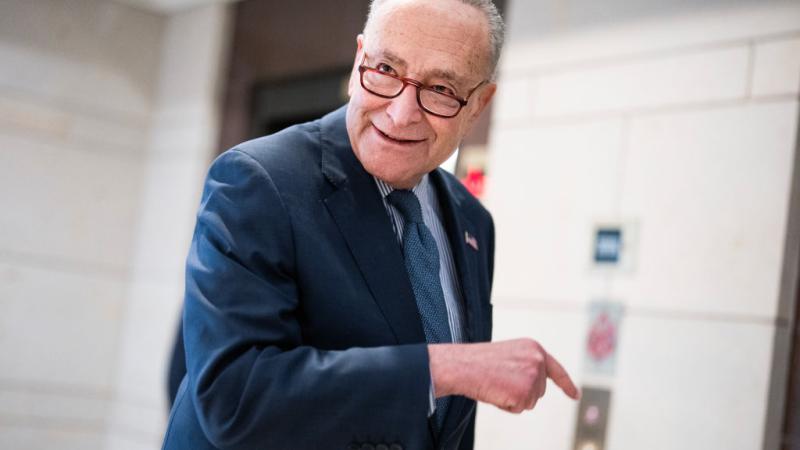Unredacted memo reveals why DOJ didn't prosecute Trump
"Any uncertainty concerning the facts or the law underlying a proposed prosecution ultimately must be resolved in favor of that individual"
An unredacted, internal Department of Justice memo shows the rationale of its leadership in deciding not to prosecute then-President Donald Trump on obstruction of justice charges following the Mueller report's publication.
Citizens for Responsibility and Ethics in Washington (CREW) secured the memo's release following a ruling from the U.S. Court of Appeals for the District of Columbia Circuit that the DOJ improperly withheld the memo from the watchdog group, which had sued to obtain it.
“Because the department did not tie the memorandum to deliberations about the relevant decision, the department failed to justify its reliance on the deliberative-process privilege,” the court wrote.
Office of Legal Counsel (OLC) head Steven Engel and Principle Associate Deputy Edward O'Callaghan argue in the memo that because special counsel Robert Mueller discovered no underlying crime, there was little, if any, basis on which to prosecute Trump for obstruction of justice.
“Given that conclusion, the evidence does not establish a crime or criminal conspiracy involving the president toward which any obstruction or attempted obstruction was directed," the memo reads. "It would be rare for federal prosecutors to bring an obstruction prosecution that did not itself arise out of a proceeding relating to a separate crime."
The OLC further urged the DOJ to come to a more definitive conclusion on pressing charges than Mueller did, arguing that the special counsel's report could be construed as an accusation against Trump if the DOJ did not reach its own decision.
"Although the Special Counsel has declined to reach a conclusion, we think that the Department should reach a judgment on this matter," the memo reads. "Under traditional principles of prosecution, the Department either brings charges or it does not. Because the Department brings charges against an individual only where the admissible evidence would support the proof of such charges beyond a reasonable doubt, any uncertainty concerning the facts or the law underlying a proposed prosecution ultimately must be resolved in favor of that individual.
"That principle does not change simply because the subject of the investigation is the President," they continued. "Although the Special Counsel recognized the unfairness of levying an accusation against the President without bringing criminal charges, the Report's failure to take a position on the matters described therein might be read to imply such an accusation if the confidential report were released to the public."














